After demerits system dies out, detention debuts in new discipline policy
New disciplinary policies are introduced at THHS to change how students are penalized after an infraction.

This year, Townsend Harris High School has adopted new discipline rules to replace the pre-pandemic demerit system. Of these new guidelines, the one that has garnered the most attention from students, has been detention.
With COVID-19 restrictions no longer in place, THHS has been reverting back to stricter policies for conduct. To enforce these policies, teachers report student infractions via a Google form that deans Timothy Connor, Charlene Levi, and Ian Morzan operate. After a teacher reports a student, the deans then reach out to parents and put a warning under the students file. Students get three warnings before they receive a detention letter, which the deans say is in keeping with the DOE’s progressive discipline policy.
According to Ms. Levi, detention is a technology-free study hour to “get work done.” If a student does not show up for detention, their parents will be notified and they would owe an additional community service hour. Students would have to do things like “clean [the] desks in the rooms, or maybe organize a book room,” according to Ms. Levi.
One senior who had detention spoke to The Classic, saying that detention gave her time to reflect upon her action and showed her she doesn’t want to serve detention again.
Mr. Connor said that teachers report senior students far more frequently than other grades, with the freshman class coming in second. “For freshmen we are at 18.9% [of all Google survey teacher reports], sophomores are at 16.6%, juniors are at 13.8%, and seniors are at 50.5%,” he said.
Discussing the new discipline system, senior Ryan Knight said that teachers should have “a legitimate reason for giving detention.”
Ms. Levi said that if students disagree with an allegation, her door is always open for a conversation.
Some students shared concerns about the new policies not being clearly communicated from the school administration before being implemented. “The administration should be more clear about what we can and can’t do,” said senior Arvin Gaul.
Before COVID, if students had multiple demerits, they could be excluded from major events as a consequence. Now, Mr. Morzan said it is a “ more immediate” system.
He said that the administration understood that students were at a social and academic deficit because of the online years, and because of that, they are “trying to penalize [students] as little as possible.”
Ms. Levi said that this new system was also brought on because “kids are just not doing what they are supposed to be doing.” Specifically, she noted that students are cutting class and hanging out in unsupervised areas.
This year’s discipline plan is subject to change as deans receive more feedback from teachers.
“We are trying really hard not to have detention,” Ms Levi said. “The goal of this new policy is to “correct the behavior instead of excluding students from major events.”
Photo courtesy of Classic Photography
Your donation will support the student journalists of The Classic. Your contribution will allow us to purchase equipment, support our extracurricular events, celebrate our staff, print the paper periodically, and cover our annual website hosting costs.


























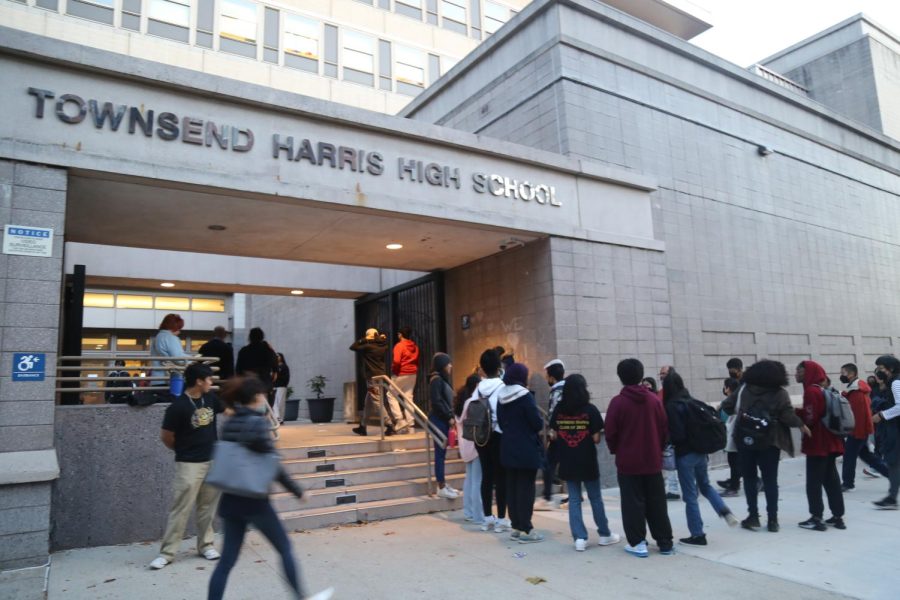
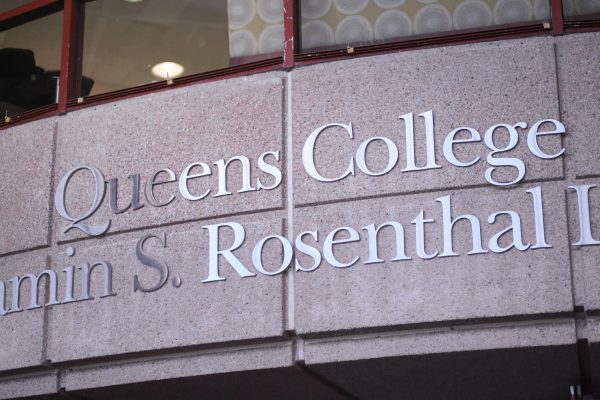
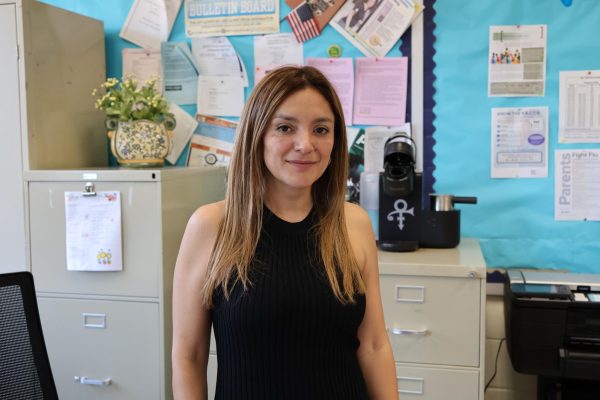
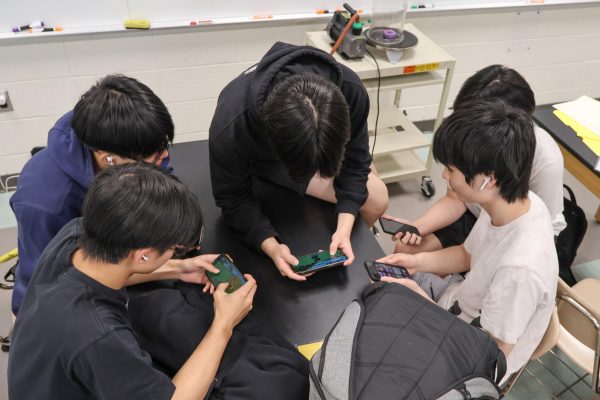
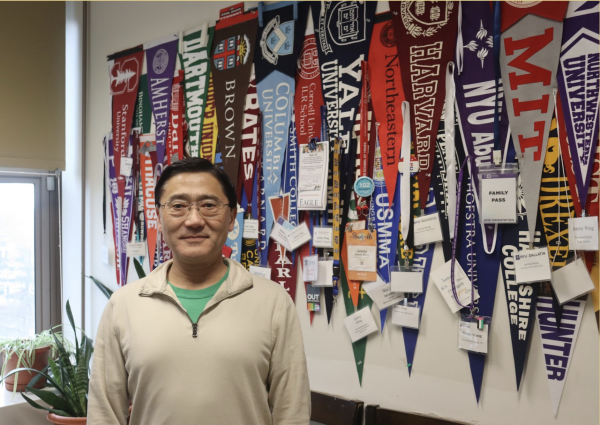
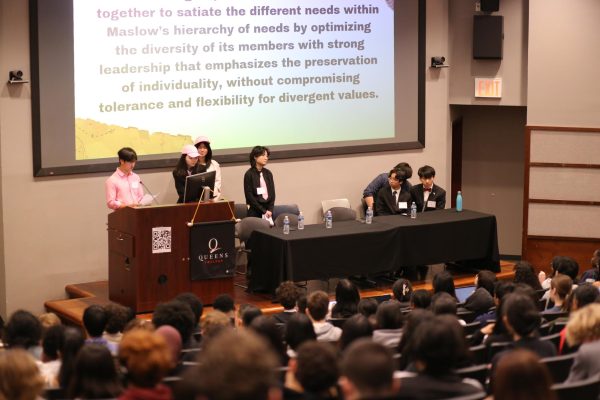
Jasmin P • Apr 3, 2023 at 4:32 pm
This was an informative article to read considering I did not know the school had implemented detention policies this year until I read this article. I would hear some students talk about it but I did not really believe it was this serious. I hope the students receive a letter or email listing the types of actions that would lead to detention because i am not aware of such as letter currently. Does anyone know what behavior can lead to detention?